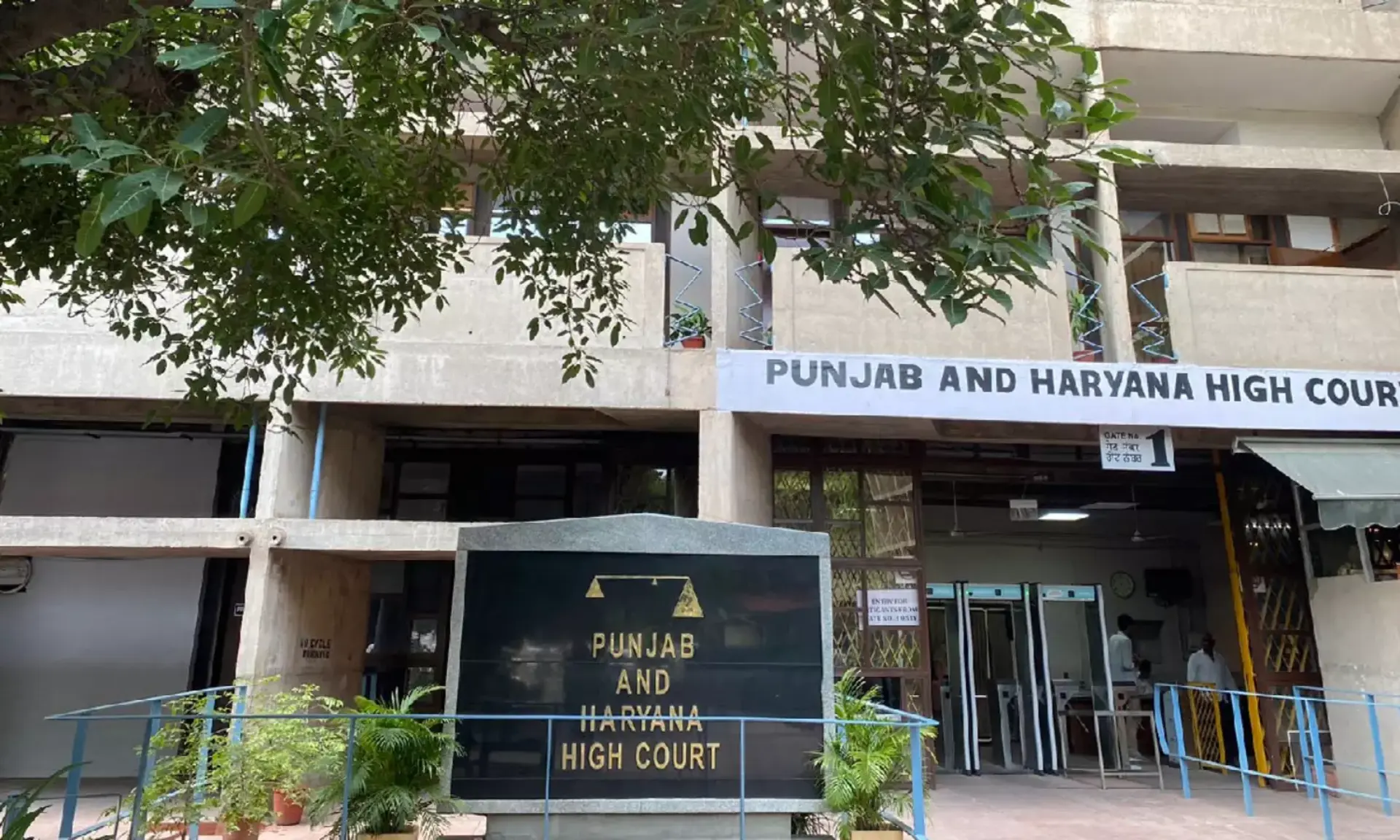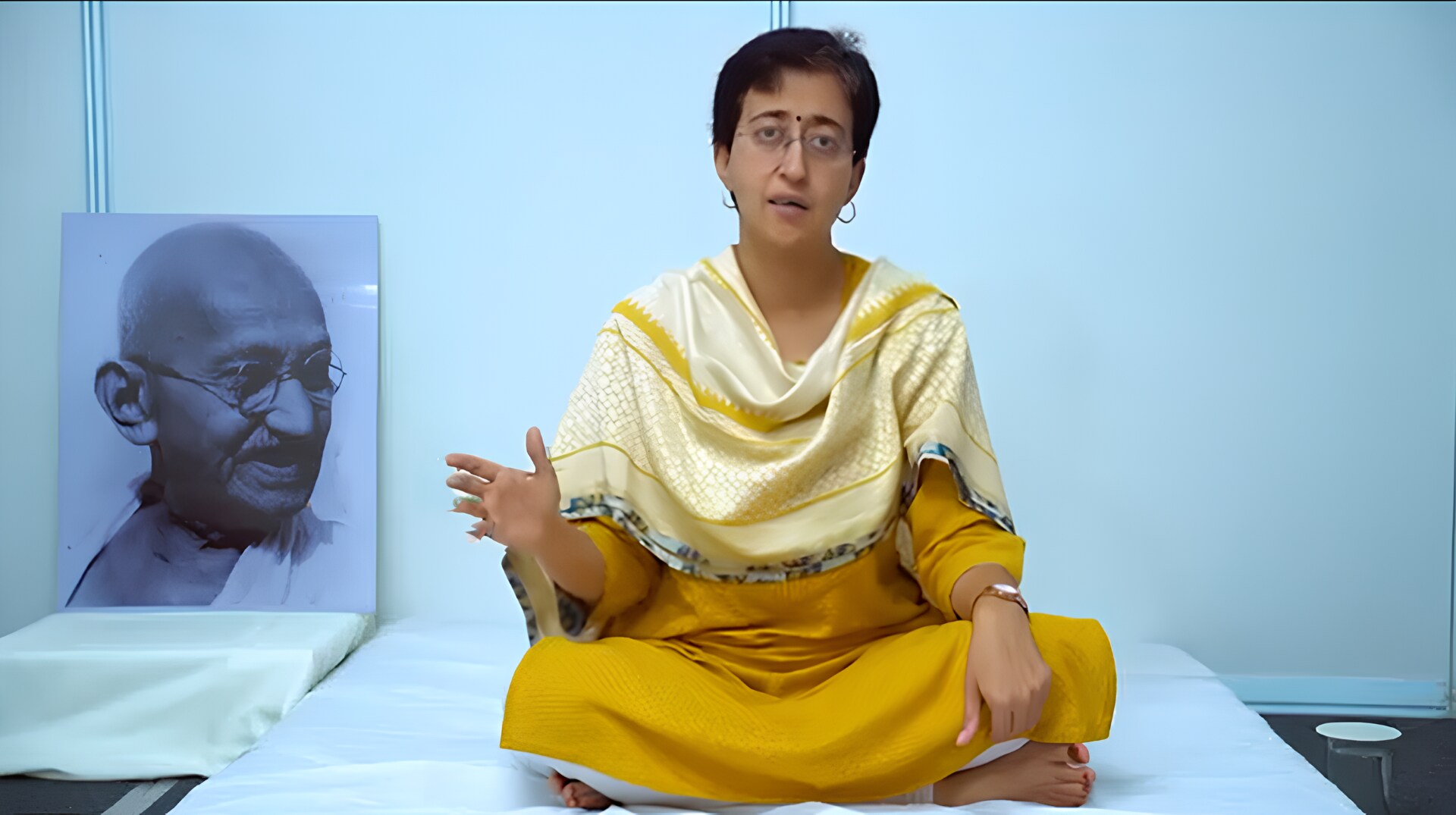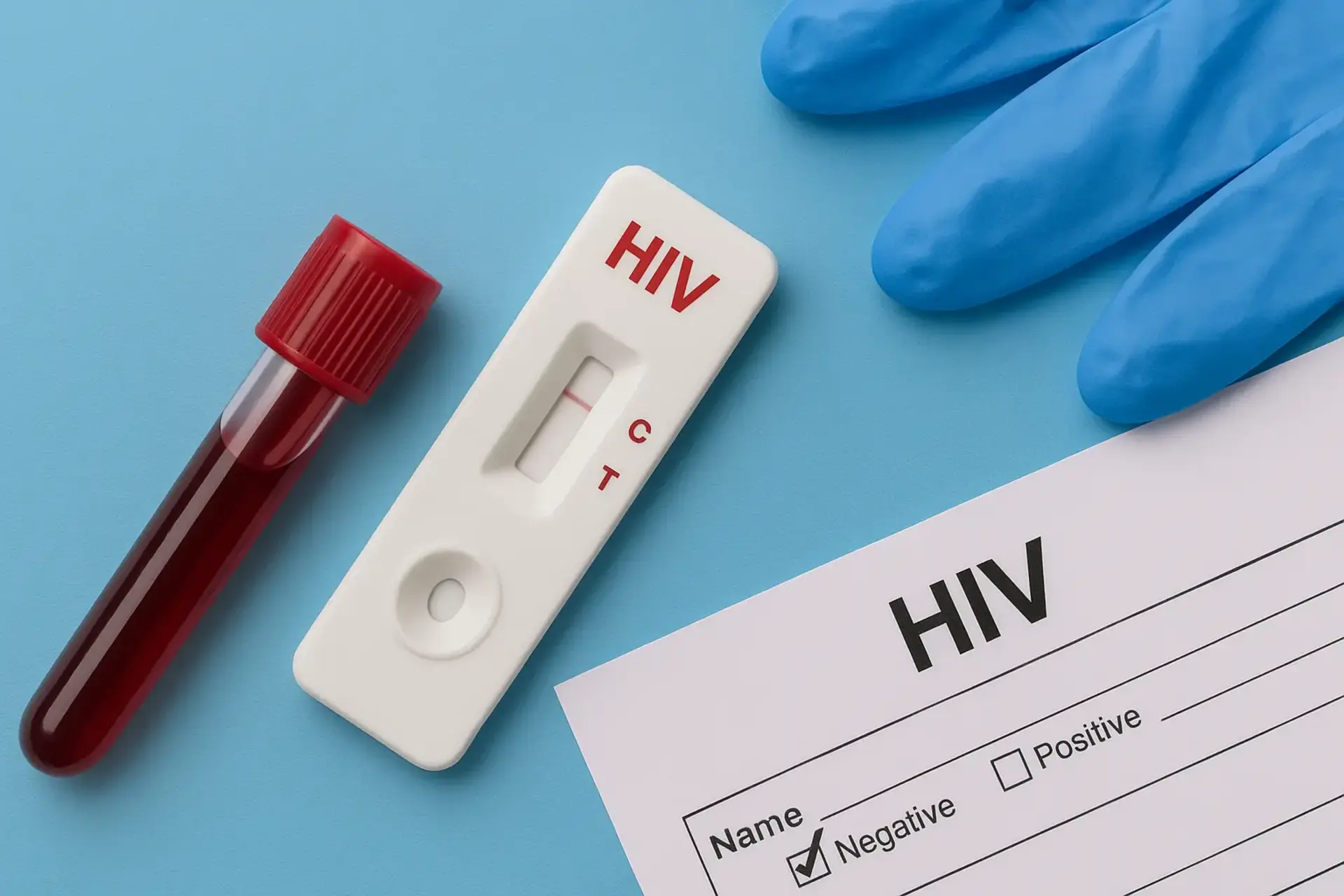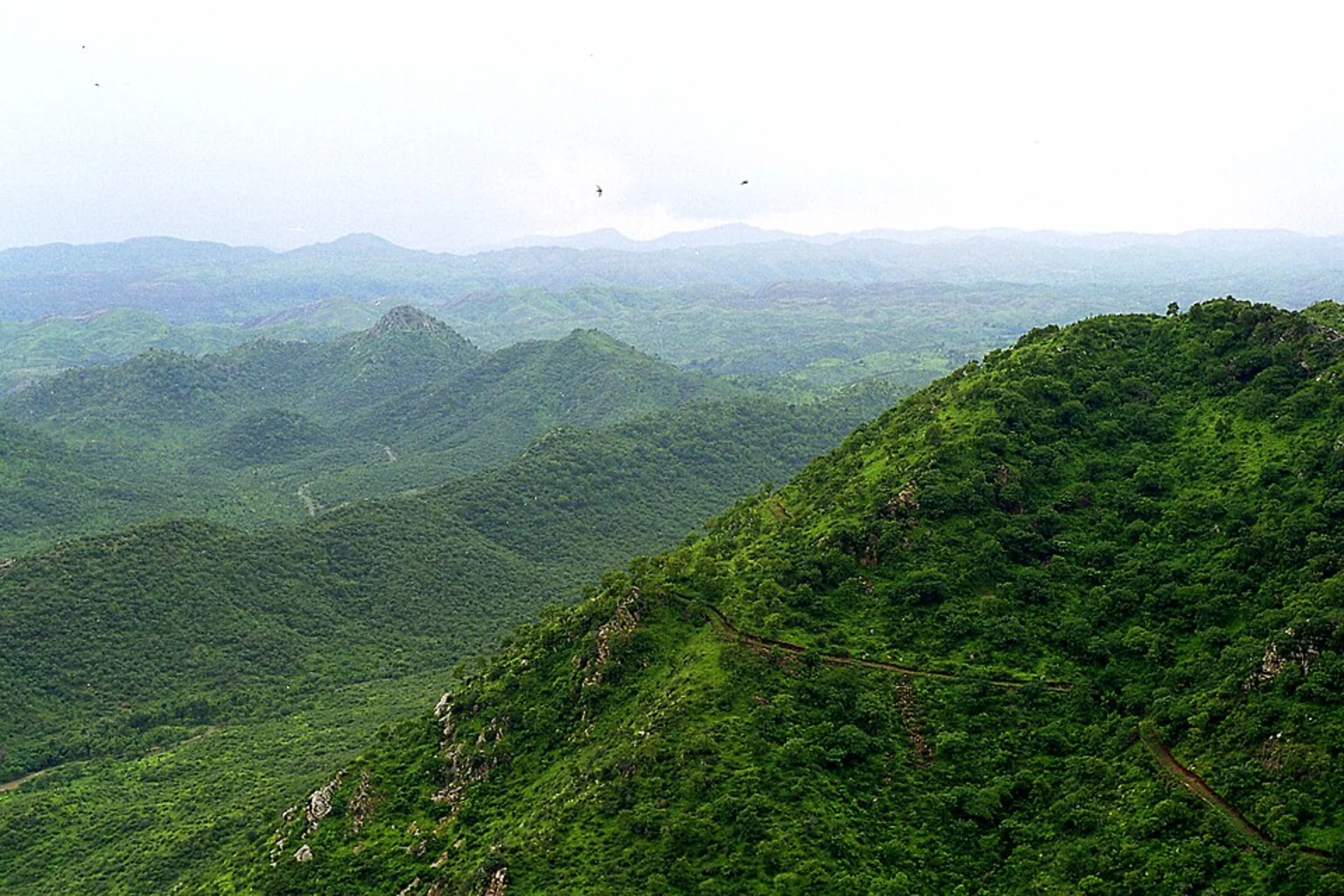
The Hunger Strike Continues
As Delhi grapples with a severe water shortage and sweltering temperatures, Water Minister Atishi's hunger strike has entered its third day. The minister is demanding that Haryana release Delhi's rightful share of water, claiming that the neighboring state is providing 100 Million Gallons per Day (MGD) less than required. This shortage is reportedly affecting nearly 28 lakh people in the capital.
In a video message shared on social media platform X, Atishi stated, "I have been on a hunger strike to get Delhi's share of water. The Haryana government is releasing 100 MGD water less which is depriving nearly 28 lakh people of Delhi of water." She further added that journalists have reported the Hathnikund Barrage is full of water, but Haryana has allegedly shut all gates to prevent water from reaching Delhi.
The Water Dispute Intensifies
The water crisis has highlighted the dependency of Delhi on its neighboring states, Uttar Pradesh and Haryana, for its drinking water supply. According to the Aam Aadmi Party (AAP), of the 1,005 MGD of water supplied to Delhi daily, the city should receive 613 MGD from Haryana. However, they claim that Delhi is currently getting less than 513 MGD from Haryana.
Atishi has vowed to continue her hunger strike until Delhi receives its fair share of water. She urged the Haryana government to release water for the capital, emphasizing the critical nature of the situation.
This water dispute between Delhi and Haryana underscores the growing challenges of water management and distribution in urban areas, especially during peak summer months. As the standoff continues, millions of Delhi residents are left to face the brunt of the water shortage, raising concerns about public health and sanitation in the sweltering heat.












